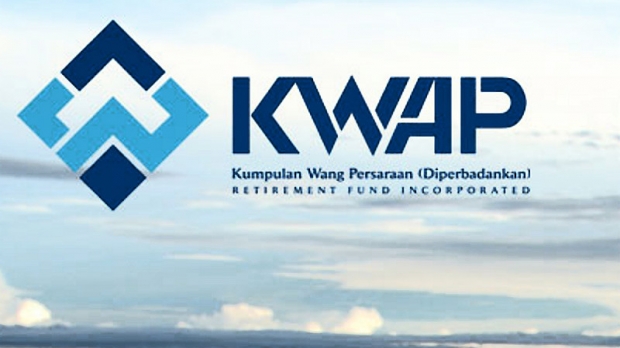Investment
-

Next Unicorn Ventures, a New Early-Stage Capital and Incubator, Appoints Daniel Tan as CEO For Growth and Deal Flow
Next Unicorn board announces the appointment of Daniel Tan, founder of Plentisoft as the CEO of Next Unicorn Angel Fund to help execute investments in promising and profitable startups.
-

KWAP Invests RM124mil In Uber
Uber, a non-traditional asset, has just seen the investment of RM124mil by KWAP, Kuala Lumpur’s second largest pension fund. Following in the footsteps of Khazanah Nasional’s investment in tech start-ups seems to be the fuel…
-

Sapphire Ventures Secures $1 Billion to Invest
Palo Alto based Sapphire Ventures, owned by SAP, secures $1 Billion to invest in a new $700 Million growth fund and a $300 Million tech fund. Following on the heels of a large group of…
-

Razer Puts $30m Up For Grabs In IoT, Gaming and VR Developers With Launch of New zVentures
Razer is a company that has been making gaming peripherals and hardware for almost twenty years now. Razer recently caused considerable excitement by entering the software market, and this looks as if it could be…





